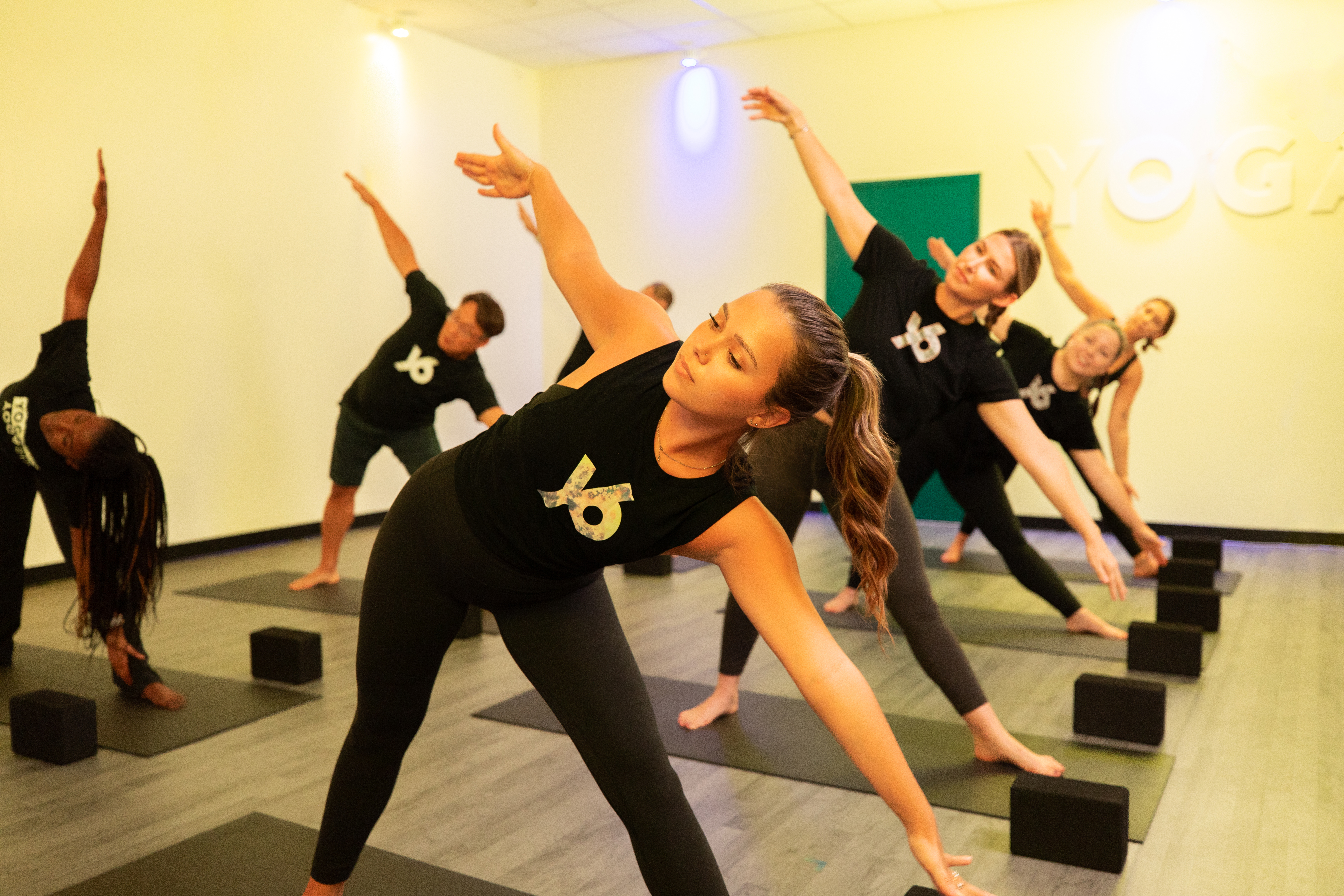Athleticism is not solely about physical strength and prowess; mental resilience is equally essential in the world of sports. The ability to navigate through challenges, setbacks, and high-pressure situations can make or break an athlete's performance. In recent years, yoga has emerged as a powerful tool for enhancing mental resilience in athletes. In this blog, we explore how yoga empowers athletes to build mental fortitude and embrace the challenges they encounter on and off the field.
The Mind-Body Connection in Sports
The mind and body are interconnected, and their harmony is crucial for peak athletic performance. The mental aspect of sports can often be underestimated, but it plays a pivotal role in determining an athlete's success. Stress, anxiety, and self-doubt can hinder an athlete's ability to perform at their best, which is why nurturing mental resilience is of paramount importance.
How Yoga Cultivates Mental Resilience in Athletes
-
Mindfulness and Present-Moment Awareness: Yoga emphasizes living in the present moment and cultivating mindfulness. Through breathwork and meditation, athletes learn to focus on the here and now, detaching from distractions and worries about the past or future. This mental clarity enables athletes to stay focused during competitions, enhancing their decision-making and adaptability.
-
Stress Reduction and Emotional Regulation: Yoga encourages relaxation and stress reduction by activating the parasympathetic nervous system. This lowers cortisol levels, the stress hormone, and helps athletes manage anxiety and pressure more effectively. Learning to regulate emotions can prevent a downward spiral during difficult situations and aid in maintaining composure under stress.
-
Self-Acceptance and Positive Mindset: Yoga fosters self-awareness and self-acceptance. By recognizing and embracing their strengths and weaknesses, athletes develop a positive mindset that boosts confidence and self-belief. This constructive self-image can be a game-changer when facing challenges or setbacks.
-
Resilience in the Face of Failure: In sports, failure is inevitable. Whether it's a missed shot, a lost match, or an injury, athletes must bounce back and keep moving forward. Yoga teaches athletes that failure is an opportunity for growth and learning, encouraging a more resilient mindset to overcome obstacles.
The Power of Breath in Sports
The breath is an integral part of yoga and can be a potent tool in sports performance. Through pranayama (breath control) techniques, athletes can:
-
Manage Nervousness: Controlled breathing helps calm the nervous system, reducing pre-game jitters and anxiety.
-
Boost Focus and Concentration: Deep, focused breaths during competition enhance concentration and aid in staying in the zone.
-
Regulate Energy Levels: Proper breathing techniques optimize oxygen intake, ensuring consistent energy levels throughout the game.
The mental game is a vital aspect of athletic performance that should not be overlooked. Yoga offers a holistic approach to building mental resilience in athletes, equipping them with invaluable tools to face challenges with grace and determination. By practicing mindfulness, regulating emotions, and embracing failure as part of the journey, athletes can enhance their mental fortitude and achieve peak performance in their respective sports.
As athletes embark on their yoga journey, it's essential to remember that progress takes time and consistency. Integrating yoga into their training routine, alongside their physical workouts, can yield tremendous benefits in both their athletic endeavors and personal lives.
With a strong mind-body connection, athletes can unleash their true potential and emerge as champions, not only on the field but also in the game of life.



